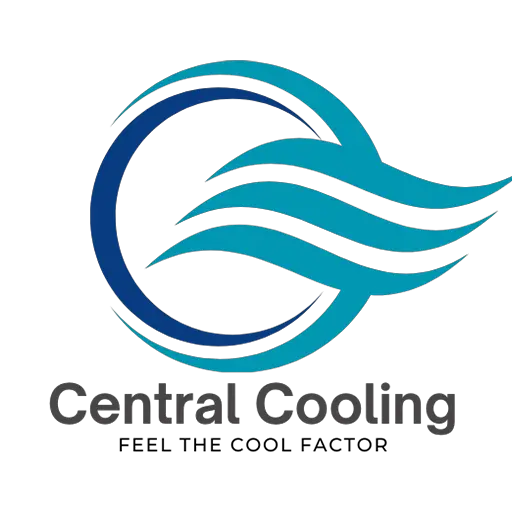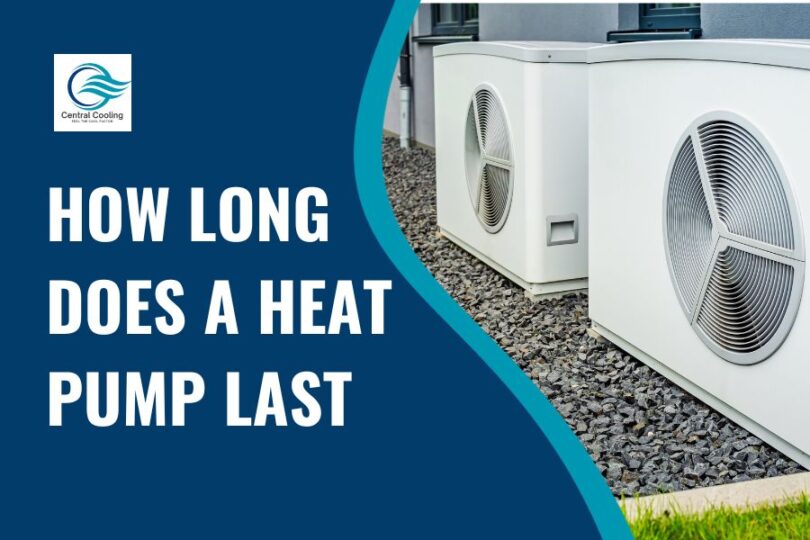Introduction:
Heat pumps are a popular choice for heating and cooling homes thanks to their energy efficiency and versatility. However, like any other appliance, heat pumps have a limited lifespan. In this article, we will explore various factors that can influence the lifespan and provide a comprehensive overview of how long does a heat pump last, which can help you make informed decisions about your heating and cooling system.
Understanding Heat Pumps
Before diving into the factors influencing its lifespan, it’s crucial to understand how it work. Heat pumps are devices that transfer heat from one location to another. They do this by taking advantage of the principles of thermodynamics, specifically the movement of heat from areas of high temperature to areas of low temperature.
There are two primary types of heat pumps:
Air Source: These extract heat from the air and are commonly used for heating and cooling in residential and commercial applications.
Ground Source (Geothermal Heat Pumps): These utilize the stable temperature of the ground to heat or cool buildings. They are generally more energy-efficient but require more extensive installation.
Heat pumps work in a cyclic process, consisting of a compressor, evaporator, condenser, and expansion valve. During the heating season, they extract heat from the outside environment and release it inside. In the cooling season, the process is reversed, removing heat from the interior and releasing it outside.
How Long Does A Heat Pump Last
Average Lifespan
The average lifespan is around 15 to 20 years. This can vary depending on several factors, such as the quality of the unit, regular maintenance, and usage patterns. A well-maintained heat pump can even last up to 25 years.
Factors Affecting The Lifespan
Quality of Installation
The quality of the installation plays a significant role in the lifespan of a heat pump. Poor installation can lead to issues such as improper sizing, inadequate airflow, and refrigerant leaks. It is crucial to hire a professional HVAC technician who is experienced in heat pump installations.
Maintenance And Regular Servicing
Regular maintenance and servicing are essential to keep your heat pump running smoothly. Neglecting maintenance tasks such as cleaning or replacing filters, lubricating moving parts, and checking refrigerant levels can lead to decreased efficiency and premature wear and tear.
Climate And Usage:
The climate and usage patterns in your area can also impact the lifespan of your heat pump. Extreme weather conditions, such as prolonged periods of high heat or cold, can put additional strain on the system. Similarly, if you use your heat pump more frequently or for longer durations, it may wear out faster.
Brand and Quality
The brand and quality of the heat pump you choose can have a significant impact on its lifespan. Investing in a reputable brand and a high-quality heat pump can ensure better performance and longevity. While it may require a higher upfront cost, it can save you money in the long run by reducing the need for frequent repairs and replacements.
Proper Sizing
Ensuring its properly sized for your home is crucial. An oversized or undersized heat pump can lead to inefficiency, increased wear and tear, and a shortened lifespan. It is recommended to consult with an HVAC professional to determine the appropriate size of heat pump for your home.
Signs That Your Heat Pump Needs Replacement
Even with proper maintenance, there will come a time when your heat pump will need to be replaced. Here are some signs that indicate it may be time for a new heat pump:
- Increasing Energy Bills: If you notice a significant increase in your energy bills despite consistent usage, it could be a sign that its no longer operating efficiently.
- Uneven Heating or Cooling: If certain areas of your home are not being adequately heated or cooled, it could be a sign of a failing heat pump.
- Frequent Repairs: If you find yourself constantly calling for repairs and it is nearing the end of its expected lifespan, it may be more cost-effective to replace it.
- Strange Noises: Unusual sounds like rattling, clanking, or grinding can indicate mechanical issues within it.
- Refrigerant Leaks: Leaks in the refrigerant system can reduce the efficiency of the heat pump and may be a sign of aging components.
Choosing The Right Installer
Selecting a qualified and experienced installer is crucial. A reputable installer will:
- Perform a proper assessment of the heating and cooling needs.
- Choose the right size of heat pump for the building.
- Ensure that the installation complies with all relevant codes and standards.
- Use high-quality materials and components.
- Technological Advances and Warranties
Advancements in heat pump technology have led to increased efficiency and longer lifespans. Modern heat pumps often come with features like variable-speed compressors and fans, which can reduce wear and tear by operating at lower speeds for longer periods instead of frequently cycling on and off at full power.
Manufacturers typically offer warranties that can indicate the expected lifespan of the system. A long warranty period can signal a manufacturer’s confidence in the durability of their product. Warranties often cover the compressor and other components and can range from 5 to 10 years or more.
Conclusion:
A heat pump typically lasts around 15 to 20 years, but proper maintenance and usage patterns can extend its lifespan. Regular maintenance and addressing any issues promptly can help ensure that it operates efficiently for years to come. If you notice any signs of a failing, it may be time to consider a replacement. Consult with a professional HVAC technician to assess your options and find the best solution for your home.
Heat pumps, renowned for their energy efficiency and adaptability, have become a favored choice for residential heating and cooling needs. Yet, akin to any mechanical device, heat pumps possess a finite lifespan. This article endeavors to delve into the myriad factors influencing a heat pump’s longevity, providing a comprehensive understanding to aid in informed decision-making regarding your home’s heating and cooling infrastructure.
Disclosure: We may get commissions for purchases made through links in this post.








